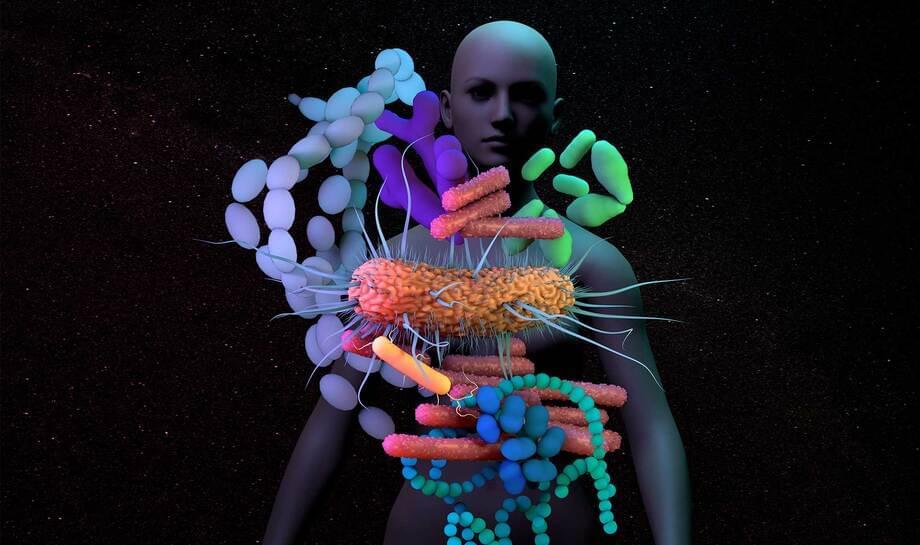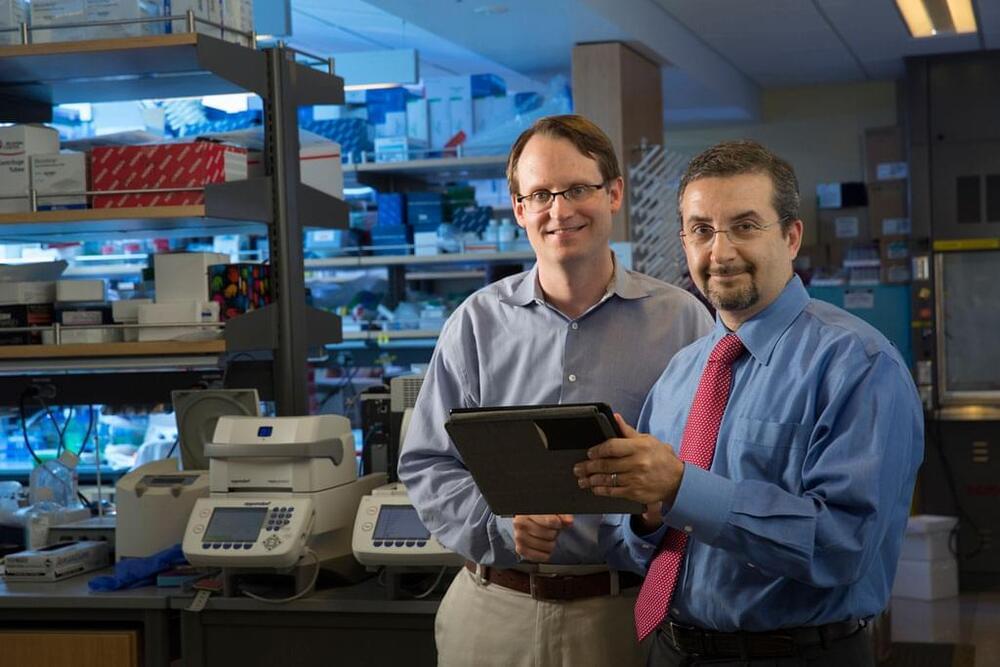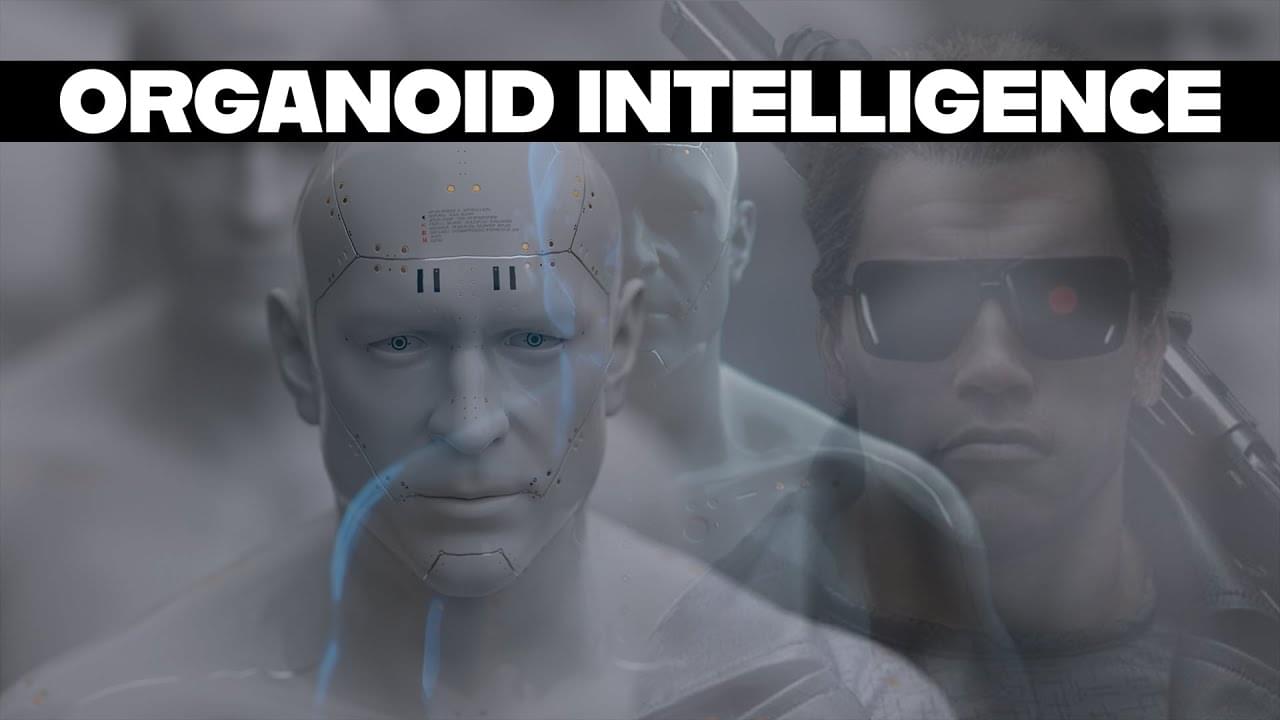
FRIDAY, Jan. 12, 2024 (HealthDay News) — For patients with immunotherapy recalcitrant KRAS-mutated tumors, the cancer vaccine ELI-002 2P is safe and induces T-cell responses, according to a study published online Jan. 9 in Nature Medicine.
Noting that the cancer vaccine ELI-002 2P enhances lymph node delivery and immune response using Amphiphile (Amph)-modification of G12D and G12R mutant KRAS (mKRAS) peptides (Amph-Peptides-2P) together with CpG oligonucleotide adjuvant (Amph-CpG-7909), Shubham Pant, M.D., M.B.B.S., from the University of Texas MD Anderson Cancer Center in Houston, and colleagues treated 25 patients (20 with pancreatic cancer; five with colorectal cancer) positive for minimal residual mKRAS disease after locoregional treatment in a phase 1 study involving fixed-dose Amph-Peptides-2P and ascending dose Amph-CpG-7909.
The researchers found no dose-limiting toxicities; the recommended phase 2 dose was 10.0 mg Amph-CpG-7909. Overall, 21, 21, and six patients (84, 84, and 24 percent) had direct ex vivo mKRAS-specific T-cell responses, tumor biomarker responses, and biomarker clearance, respectively. Median relapse-free survival was 16.33 months. There was a correlation seen for efficacy with T-cell response; the median tumor biomarker reduction was −76.0 versus −10.2 percent. Median relapse-free survival was not reached compared with 4.01 months (hazard ratio, 0.14).

















